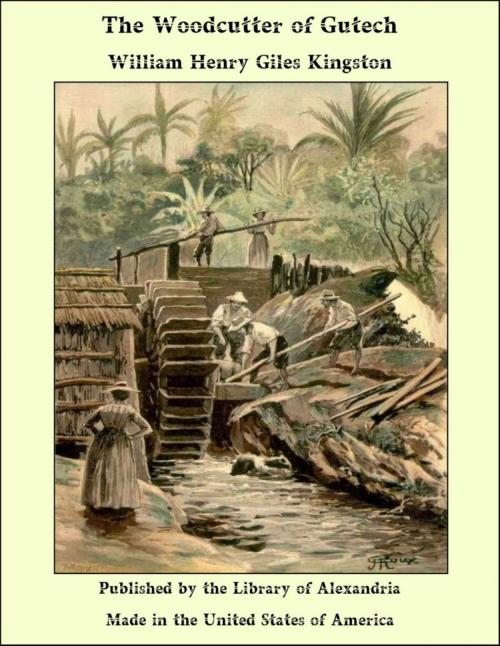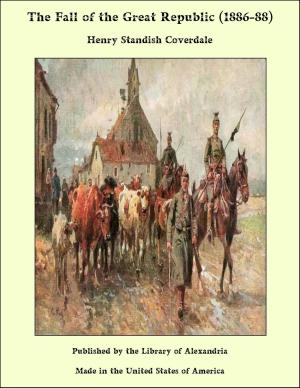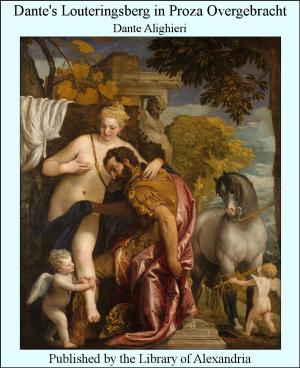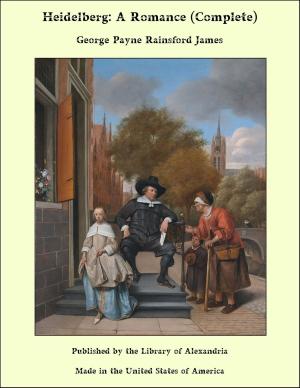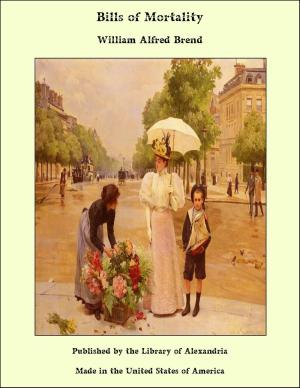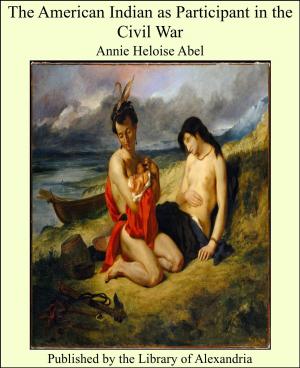The Woodcutter of Gutech
Nonfiction, Religion & Spirituality, New Age, History, Fiction & Literature| Author: | William Henry Giles Kingston | ISBN: | 9781465596222 |
| Publisher: | Library of Alexandria | Publication: | March 8, 2015 |
| Imprint: | Language: | English |
| Author: | William Henry Giles Kingston |
| ISBN: | 9781465596222 |
| Publisher: | Library of Alexandria |
| Publication: | March 8, 2015 |
| Imprint: | |
| Language: | English |
A traveller was making his way through the Black Forest in Germany. A pack was on his back, of a size which required a stout man to carry it, and a thick staff was in his hand. He had got out of his path by attempting to make a short cut, and in so doing had lost his way, and had been since wandering he knew not where. Yet he was stout of heart, as of limb, and a night spent in the depths of the forest would have concerned him but little had he not set a value upon time. “I have lost so much in my days of ignorance and folly,” he kept saying, “that I must make up by vigilance what has been thus misspent. I wish that I had known better. However, I am now ready to spend all, and be spent in the work of the Good Master I serve.” The ground was uneven, his load heavy, and the weather warm. Still he trudged bravely on, consoling himself by giving forth, in rich full tones, a hymn of Hans Sachs of Nuremburg, the favourite poet of Protestant Germany in those days. Thus he went on climbing up the steep side of the hill, out of which dark rocks and tall trees protruded in great confusion. At last he got into what looked like a path. “All right now,” he said to himself; “this must lead somewhere, and I have still an hour of daylight to find my way out of the forest. When I get to the top of this hill I shall probably be better able to judge what direction to take.” He trudged on as before, now and then stopping to take breath, and then once more going on bravely. At length the sound of a woodman’s axe caught his ear. “All right,” said he. “I should not have allowed my heart to doubt about the matter. The Good One who has protected me hitherto will still continue to be my Guide and Friend.”
A traveller was making his way through the Black Forest in Germany. A pack was on his back, of a size which required a stout man to carry it, and a thick staff was in his hand. He had got out of his path by attempting to make a short cut, and in so doing had lost his way, and had been since wandering he knew not where. Yet he was stout of heart, as of limb, and a night spent in the depths of the forest would have concerned him but little had he not set a value upon time. “I have lost so much in my days of ignorance and folly,” he kept saying, “that I must make up by vigilance what has been thus misspent. I wish that I had known better. However, I am now ready to spend all, and be spent in the work of the Good Master I serve.” The ground was uneven, his load heavy, and the weather warm. Still he trudged bravely on, consoling himself by giving forth, in rich full tones, a hymn of Hans Sachs of Nuremburg, the favourite poet of Protestant Germany in those days. Thus he went on climbing up the steep side of the hill, out of which dark rocks and tall trees protruded in great confusion. At last he got into what looked like a path. “All right now,” he said to himself; “this must lead somewhere, and I have still an hour of daylight to find my way out of the forest. When I get to the top of this hill I shall probably be better able to judge what direction to take.” He trudged on as before, now and then stopping to take breath, and then once more going on bravely. At length the sound of a woodman’s axe caught his ear. “All right,” said he. “I should not have allowed my heart to doubt about the matter. The Good One who has protected me hitherto will still continue to be my Guide and Friend.”
